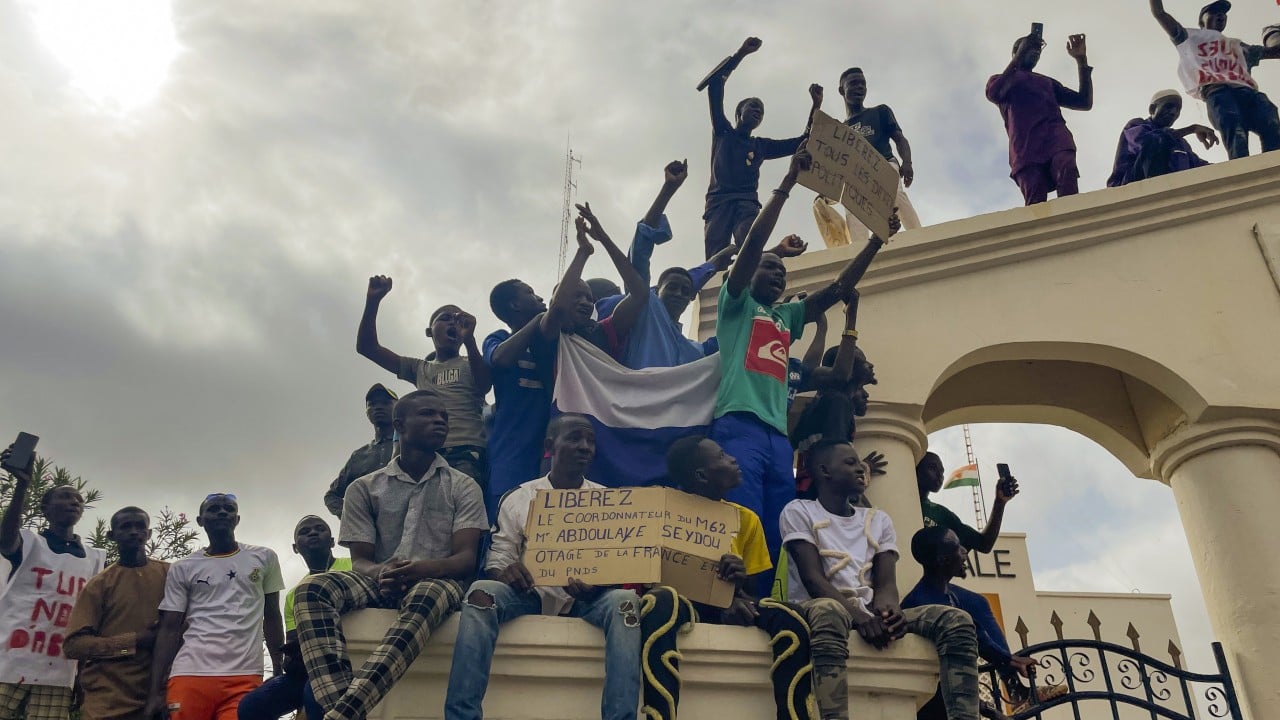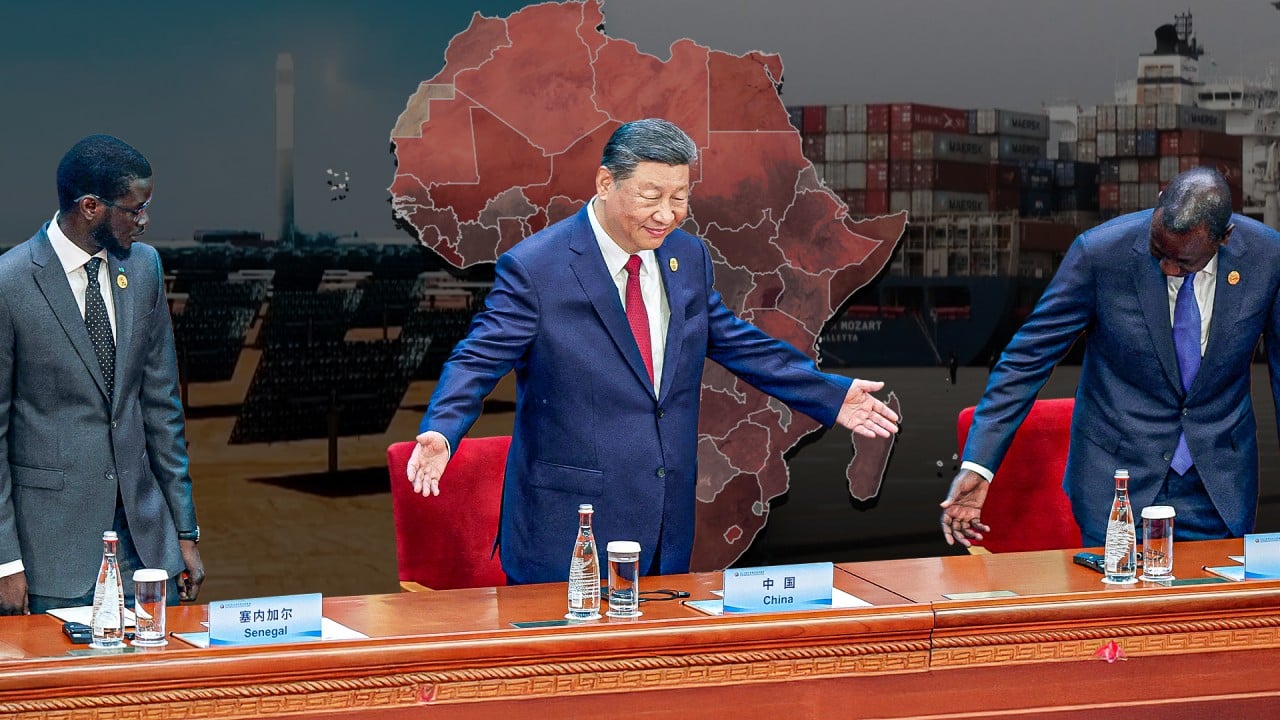Since the 2023 coup that ousted the president of Niger, Mohamed Bazoum, Beijing has consistently sought to strengthen relations with the country’s military government.
Advertisement
In line with its non-interference policy, one of the cornerstones of China’s foreign policy that states that countries should not meddle in the domestic political, economic or social systems of other countries, China swiftly embraced the military junta in Niger.
Notably, China provided the new military government with a substantial financial lifeline of about US$400 million in the form of an oil-backed loan to be repaid via crude oil shipments over 12 months, which helped address an immediate cash shortage.
Yet relations with China have been strained since March when the junta expelled three Chinese oil executives over disparities between the salaries of expatriate staff and lower-paid local workers and revoked the licence of a Chinese-owned hotel in Niamey, citing “discriminatory practices and administrative violations”.
The dispute escalated last month when Niger ordered China National Petroleum Corporation (CNPC) and its Soraz oil refinery to terminate the contracts of expatriate employees with more than four years’ service.
Observers said Niger’s dispute with Chinese oil companies underscored the limits of Beijing’s non-interference policy – a long-standing Chinese policy which, in practice, meant China remained essentially regime-agnostic.
Advertisement
This approach, while intended to avoid entanglement in domestic affairs, incurred significant economic costs for Beijing, especially as some nations were experiencing a rise in nationalism, they added.
According to Paul Nantulya, a China-Africa specialist from the National Defence University’s Africa Centre for Strategic Studies in Washington, China’s policy entails regime strengthening since Beijing tends to invest heavily in the economic priorities of the regimes or ruling parties in question.


